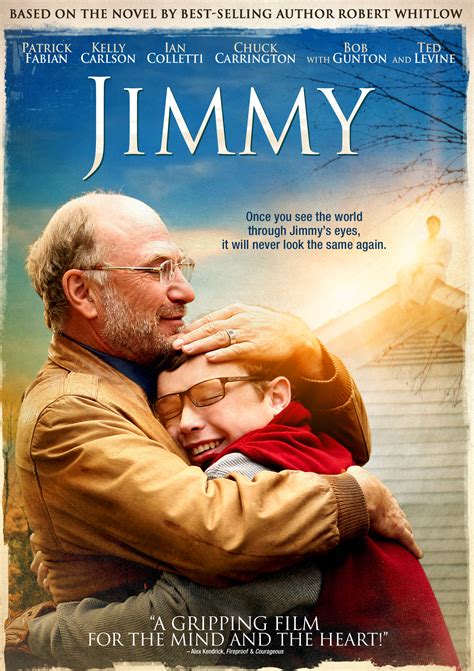A Quote by John Green
You cannot invent an algorithm that is as good at recommending books as a good bookseller, and that's the secret weapon of the bookstore - is that no algorithm will ever understand readers the way that other readers can understand readers.
Related Quotes
I love the fact that so many of my readers are intelligent, exceptional, accomplished people with an open-minded love of diversity. But even more than that, I love it when my readers find lasting friendship with others of my readers - knowing that they met through their mutual affection for my books and characters makes me happy!
My theory about writing is that one should write books you'd like to read, but no one else has written yet. So, as long as I stick with that, I'm entertaining myself, and then hopefully my readers as well. I hope to god I realize that I'm repeating myself, if I ever do. But if I don't, I'm sure my readers will let me know.
A reader is entitled to believe what he or she believes is consonant with the facts of the book. It is not unusual that readers take away something that is spiritually at variance from what I myself experienced. That's not to say readers make up the book they want. We all have to agree on the facts. But readers bring their histories and all sets of longings. A book will pluck the strings of those longings differently among different readers.
Readers, on the other hand, have at least 7.5 books going all the time. Actually, the number of books a reader takes on is usually directly related to the number of bathrooms he has in his home and office. I am working on a survey that will show that, over a lifetime, readers are in bathrooms seven years and three months longer than nonreaders.
The ear is the only true writer and the only true reader. I know people who read without hearing the sentence sounds and they were the fastest readers. Eye readers we call them. They get the meaning by glances. But they are bad readers because they miss the best part of what a good writer puts into his work.

































